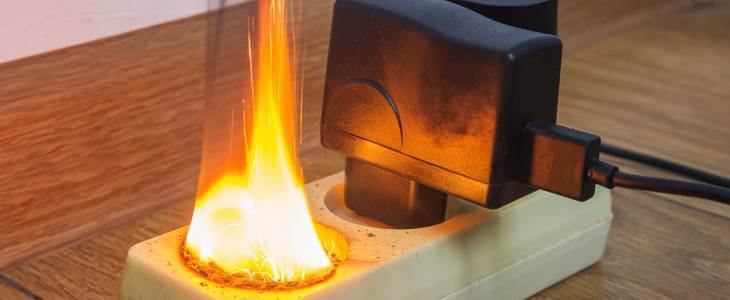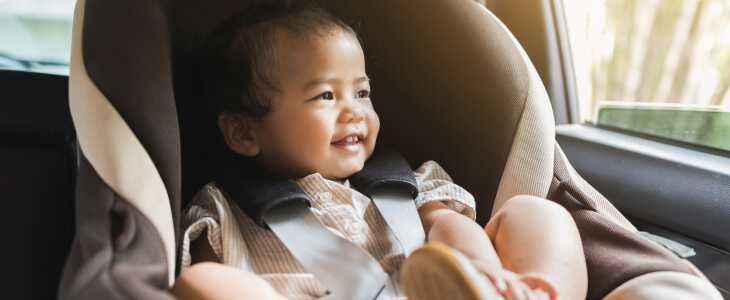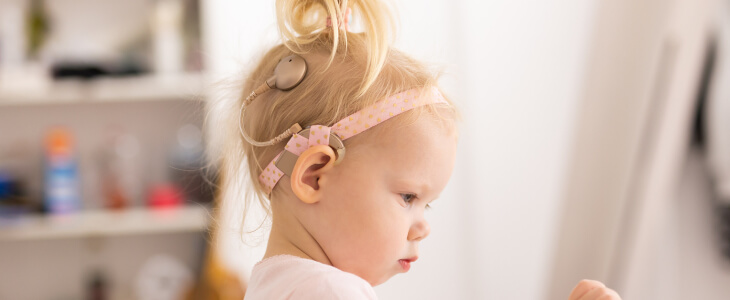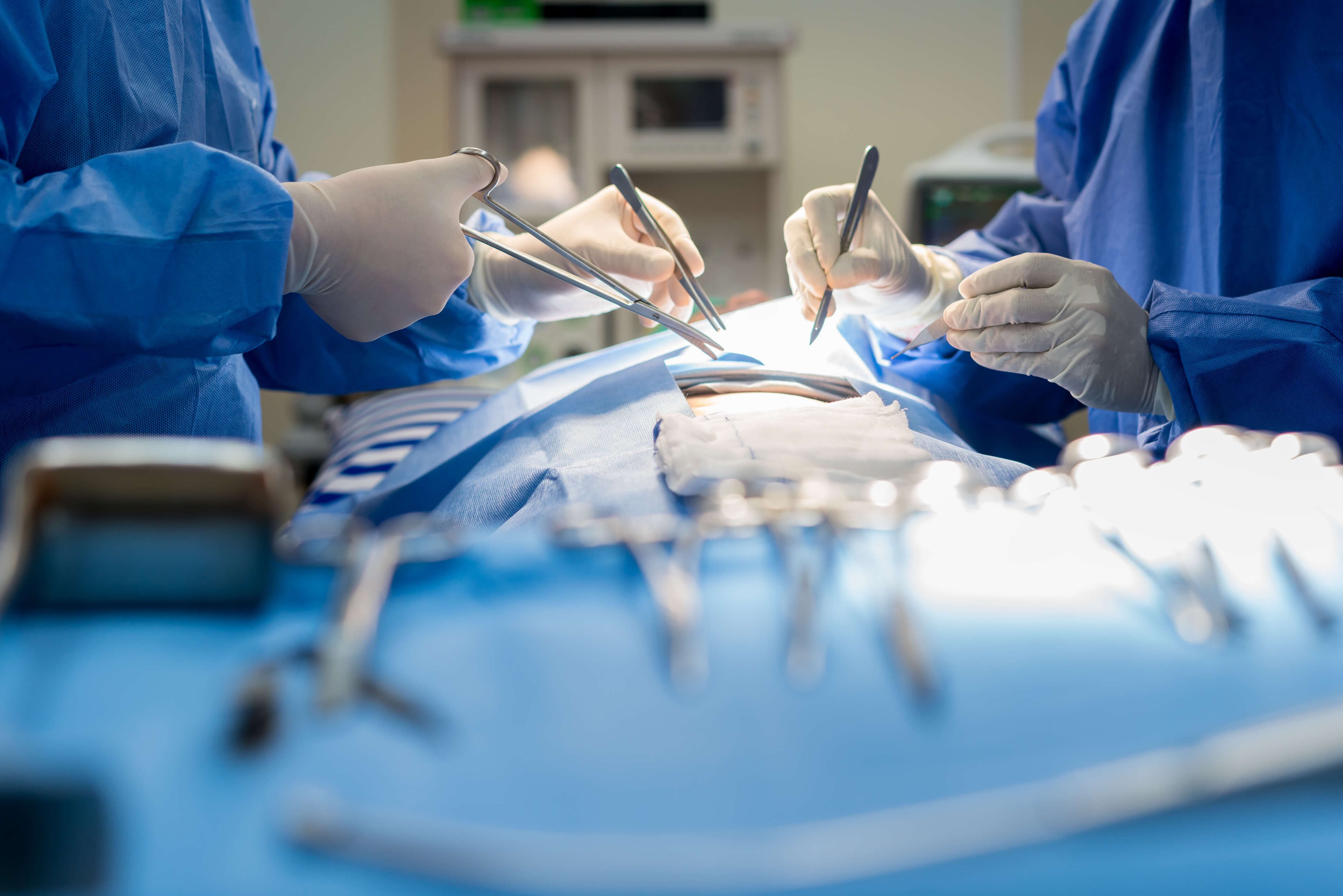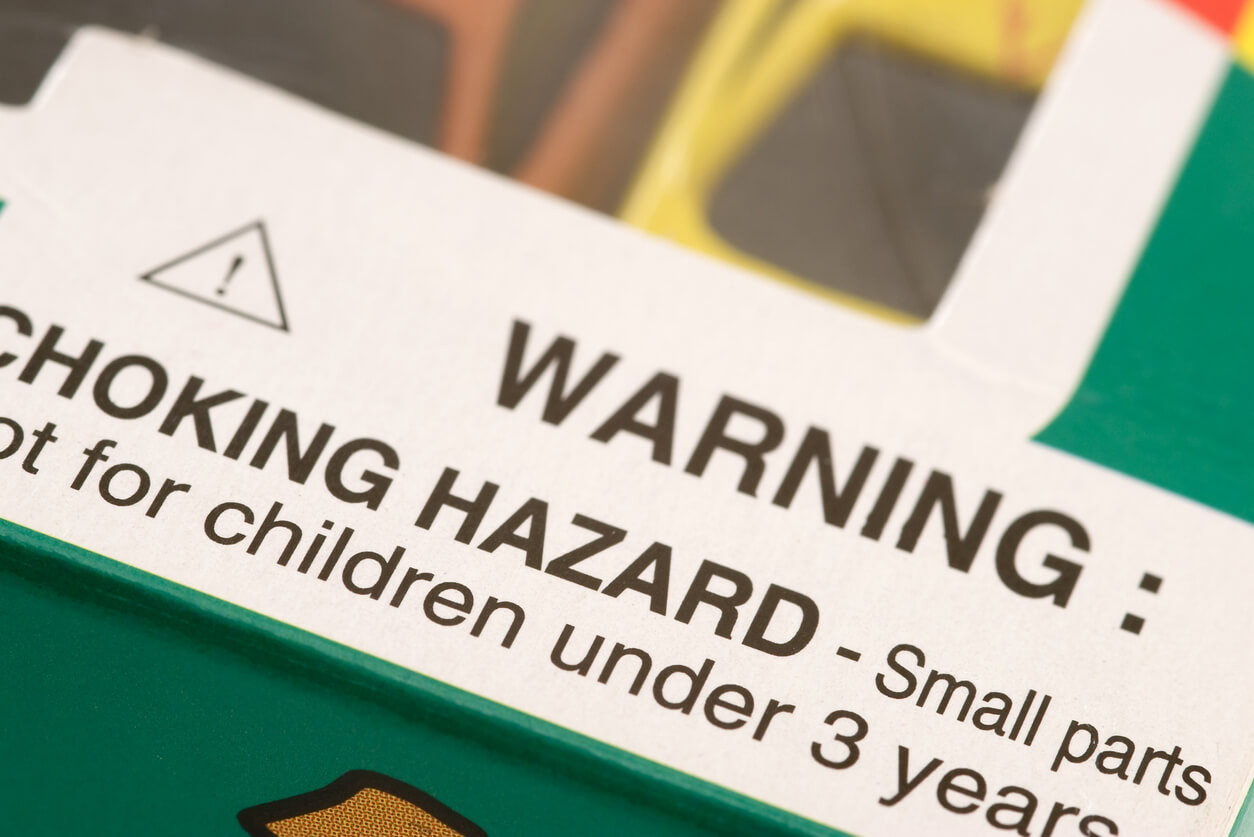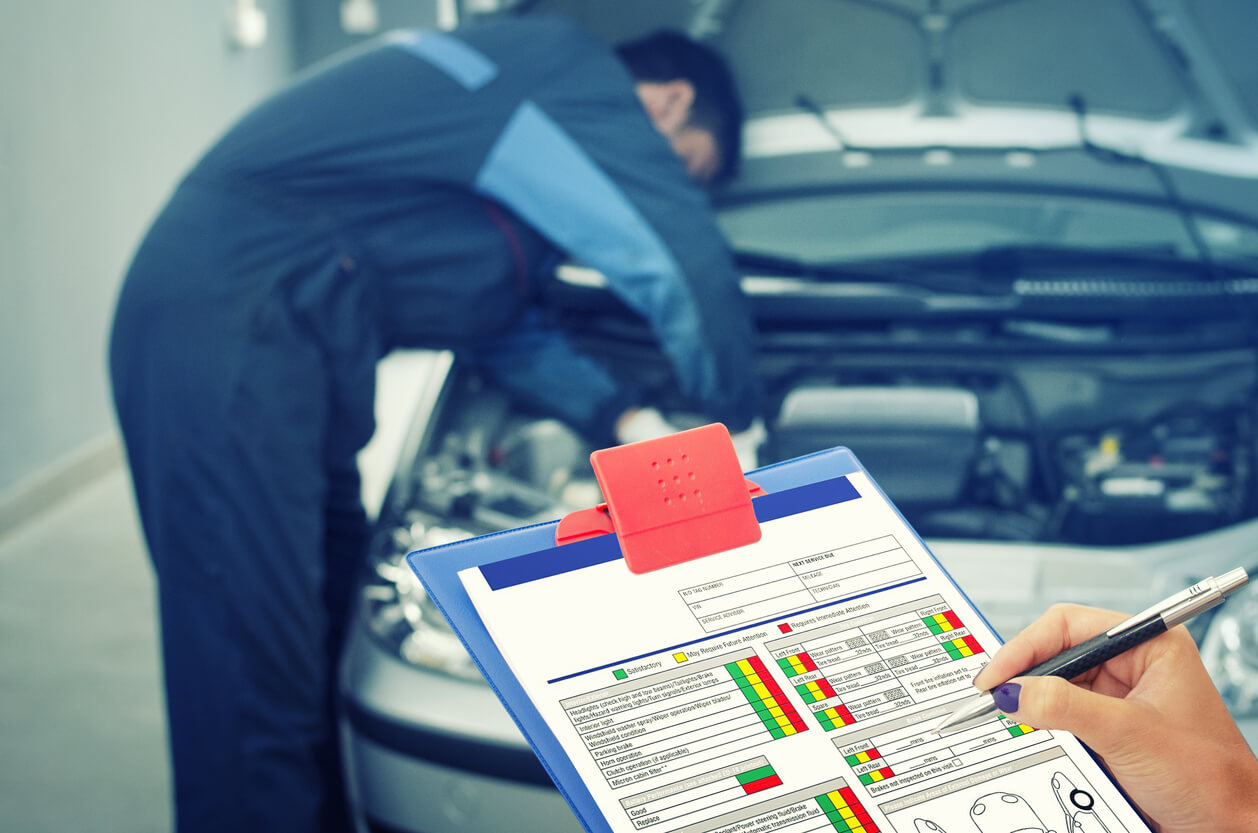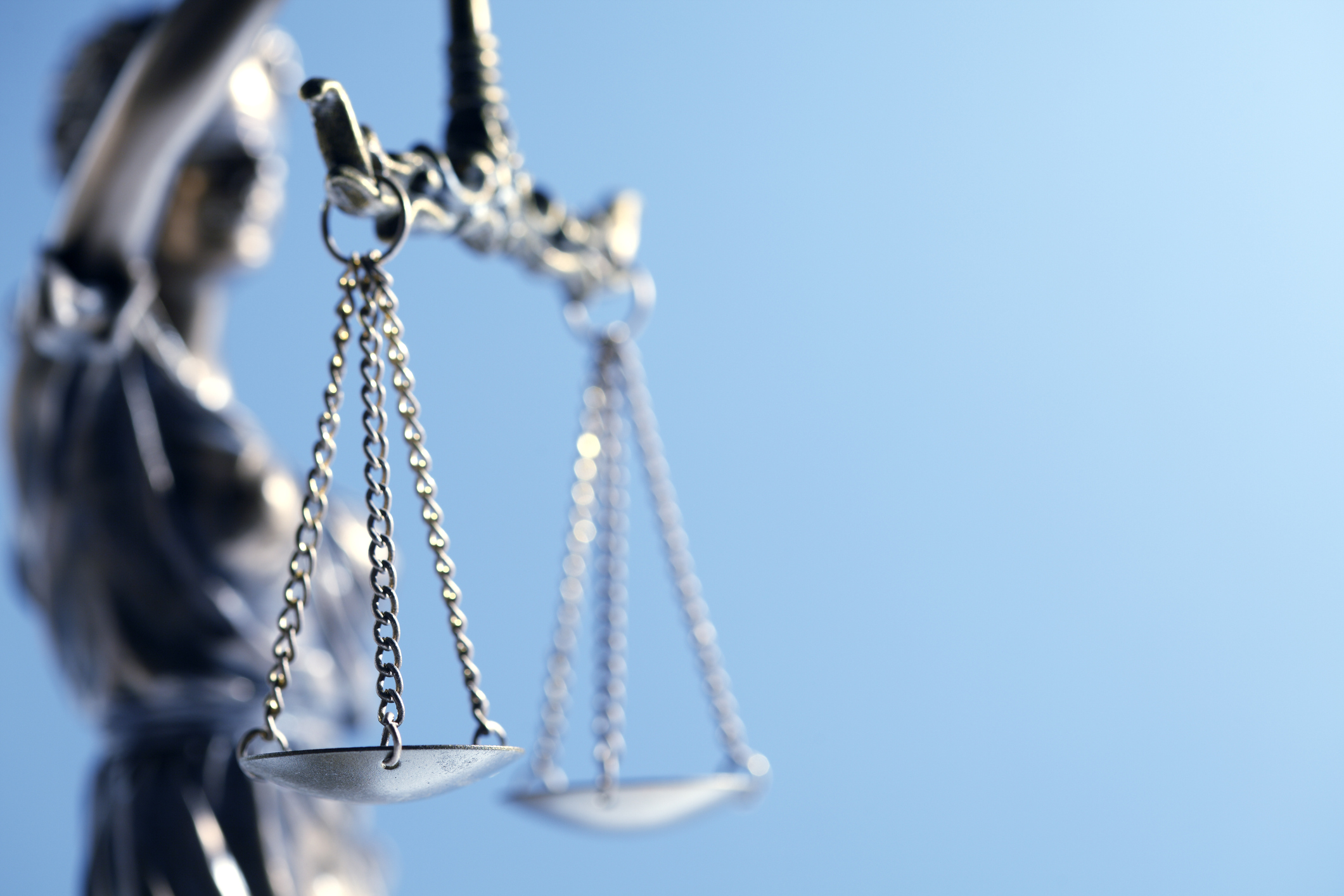Staying ahead of product recalls is crucial in Pennsylvania to avoid potential injuries. Regularly checking the U.S. Consumer Product Safety Commission’s website, signing up for manufacturer email alerts, and registering your products are practical steps. Monitoring local news outlets and social media for recall announcements is also good. Being proactive and keeping informed can significantly reduce the risk of injury. Product liability laws protect consumers from unsafe products.
Tips To Help You Detect A Product Defect Before It Becomes An Injury
- Stay Informed About Recalls: Regularly check for recalls of products you own or intend to buy. U.S. agencies such as the Consumer Product Safety Commission (CPSC) provide updates on product recalls. You can sign up for email alerts or check their websites to stay informed.
- Read Product Instructions and Warnings: Always follow the manufacturer’s instructions and warnings. They often contain important information about using the product and potential hazards to avoid safely.
- Inspect Products Regularly: Regularly inspect your products for signs of wear and tear, unusual noises, or changes in performance. Check electrical products for frayed cords, cracks, or overheating, and toys for broken parts or sharp edges.
- Research Before You Buy: Research a product’s safety record before purchasing it. Look for online reviews and complaints about the product. Websites like Consumer Reports provide unbiased product reviews and safety ratings.
- Report and Monitor Any Problems: If you notice a product malfunction, report it to the manufacturer and the CPSC. Also, monitor the product for any further issues. Keeping a record of any incidents or defects can be helpful if you need to take other action.
- Understand Pennsylvania’s Product Liability Laws: Pennsylvania has specific laws regarding product liability. Understanding these laws can help you know your rights if a defective product harms you. In Pennsylvania, manufacturers and sellers can be held liable for product defects that cause injury. Generally, product liability cases are placed into three categories: manufacturing defect, design defect, and failure to warn.
A manufacturing defect occurs when the product does not conform to the designer’s or manufacturer’s specifications. A design defect means that the product was manufactured correctly, but the defect is inherent in the product’s design, which makes the product dangerous to consumers. Failure to warn means that a manufacturer does not adequately inform the public of the potential risks when using the product. - Seek Expert Advice: If you are unsure about a product’s safety, consider seeking advice from a professional, such as a mechanic for automobile parts or an electrician for electrical products.
- Use Products as Intended: Use products only for their intended purposes, as the manufacturer describes. Misusing a product can lead to accidents and injuries.
- Educate Others in Your Household: Make sure that all household members know the proper use of products and the importance of reporting any issues.
- Stay Aware of Common Defects in Similar Products: By understanding common defects in similar products, you can be more vigilant about detecting potential problems in items you own.
Contact a Philadelphia Product Liability Attorney
If you suspect a product is unsafe or defective, stop using it immediately and report it to the manufacturer and the appropriate individuals or organizations. If a defective product has injured you or someone else, consult a Pennsylvania attorney experienced in product liability to discuss your legal rights and options. Contact Cooper Schall & Levy for a complimentary initial consultation.

